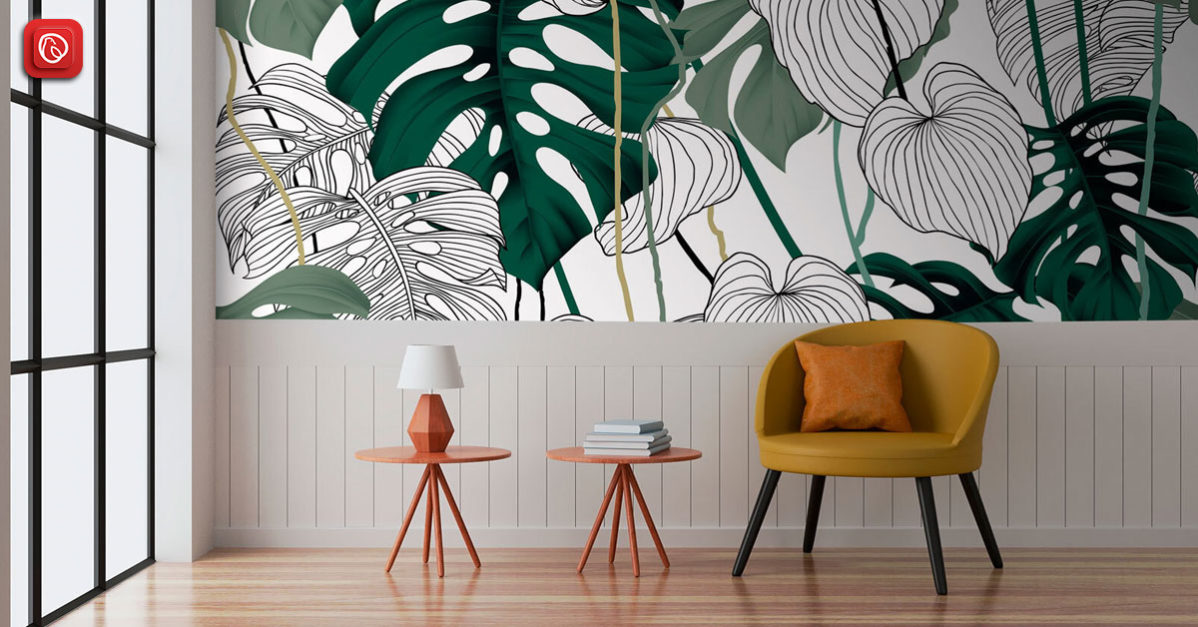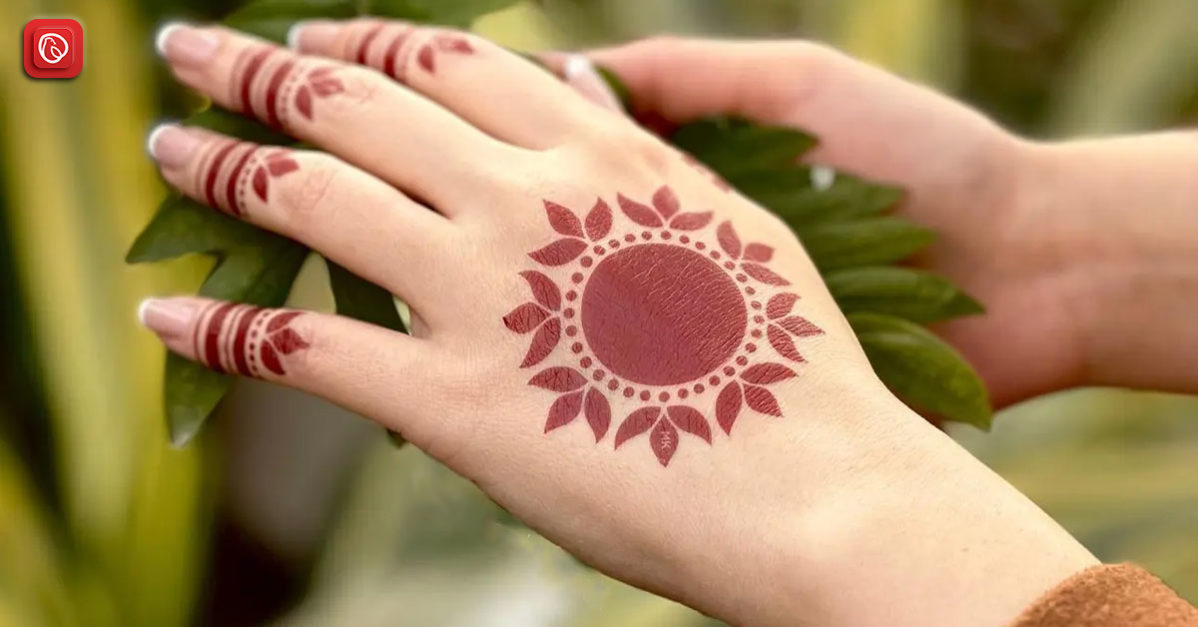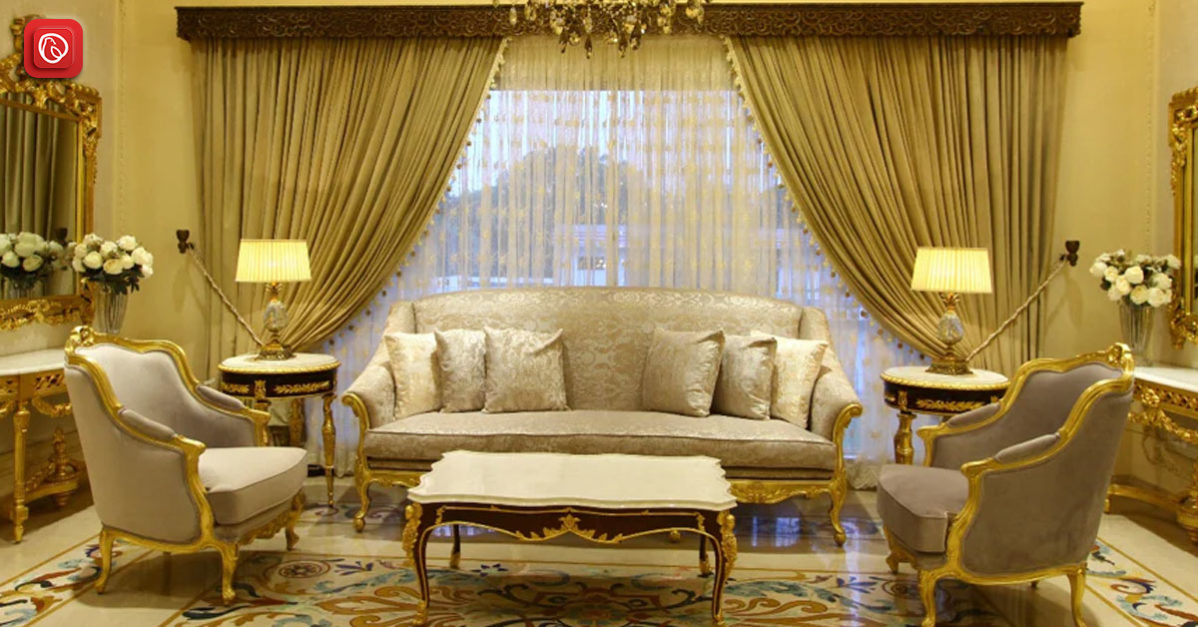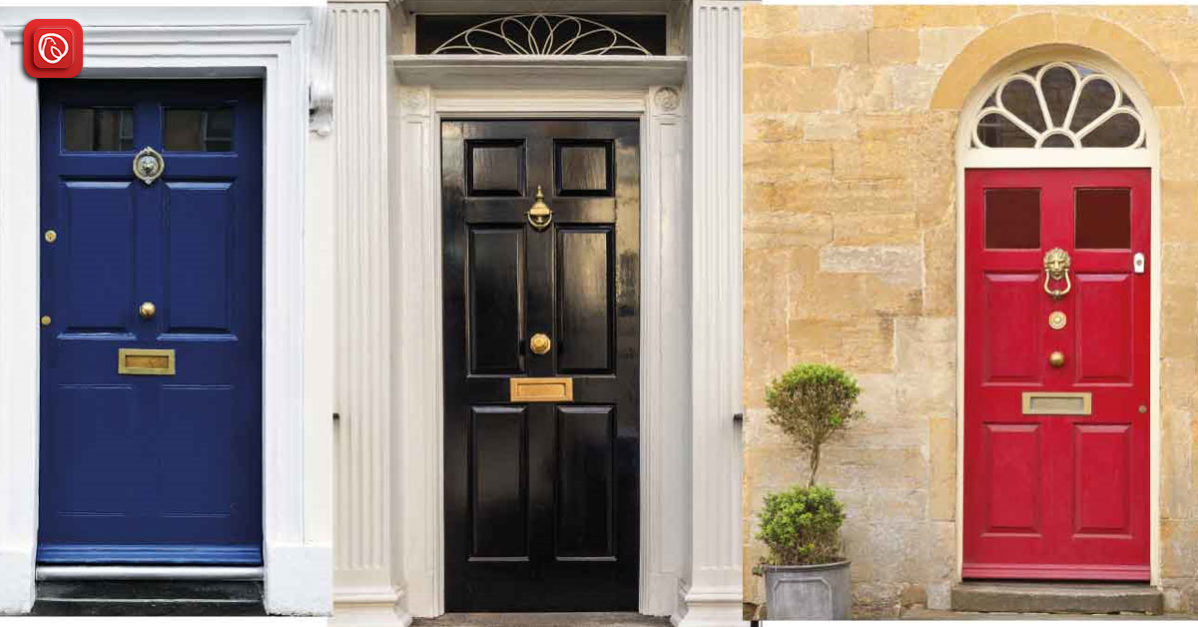The art of wall painting design is a powerful way to add character and personality to your living spaces. A simple splash of colour can go a long way toward transforming the look and feel of your walls. With endless possibilities, wall painting designs can range from subtle accents to bold statement pieces that create a lasting impression.
Choosing the perfect paint design for your walls is not an easy task, but don’t worry – we’ve got you covered. Graana.com has prepared a comprehensive guide on wall painting design that will take you through everything you need to know to make an informed decision.
Wall Painting Design Ideas
Wall painting is an excellent way to express your creativity and add a personal touch to your living spaces. Whether you’re looking to refresh a room or create a focal point, here are some inspiring wall painting ideas to consider:
Accent Wall with Bold Colours
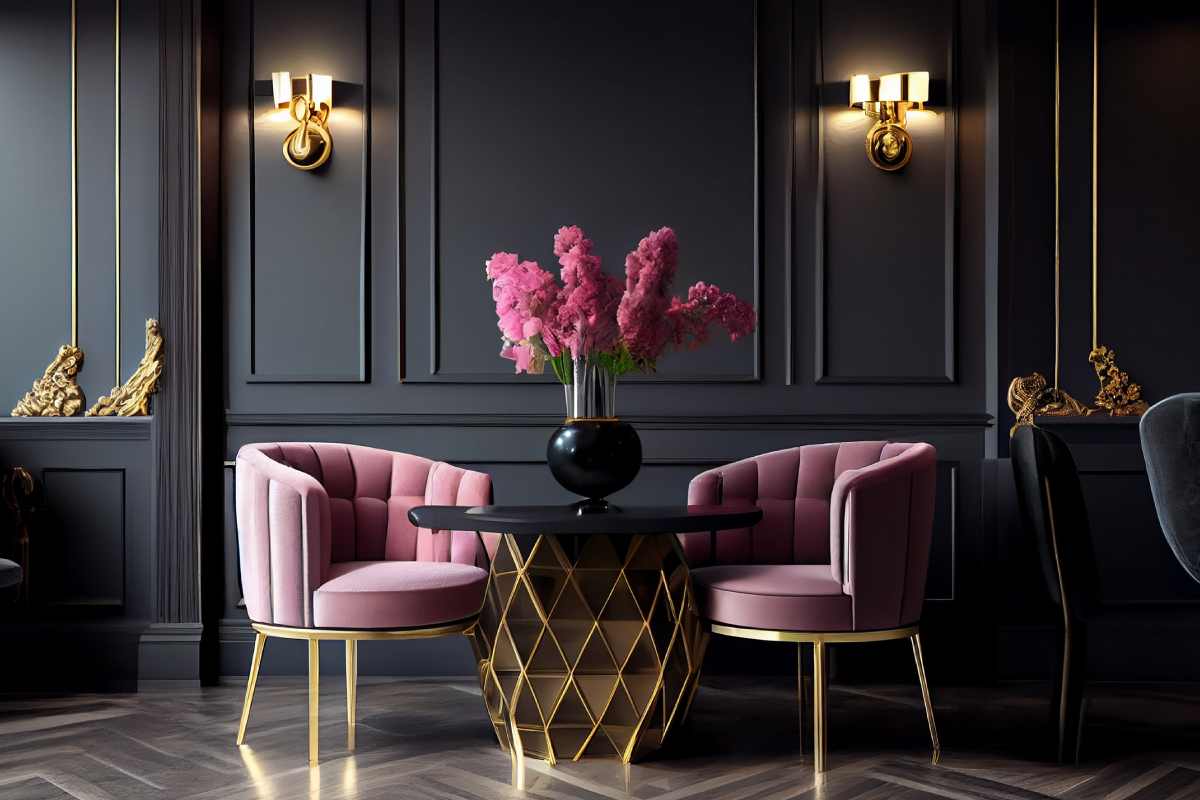
Choose one wall in a room to paint with a bold and vibrant colour that complements the overall colour scheme. Additionally, this adds to visual interest without overwhelming the entire space.
Ombre Effect
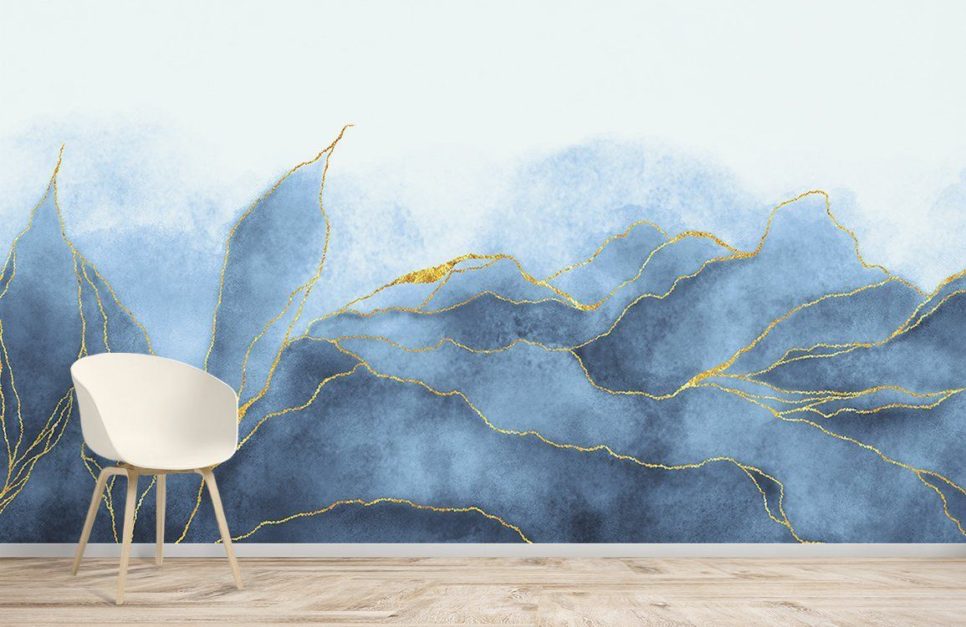
Create a stunning gradient effect by blending two or more shades of the same colour on your wall. This ombre effect can give your room a stylish and modern look.
Geometric Patterns
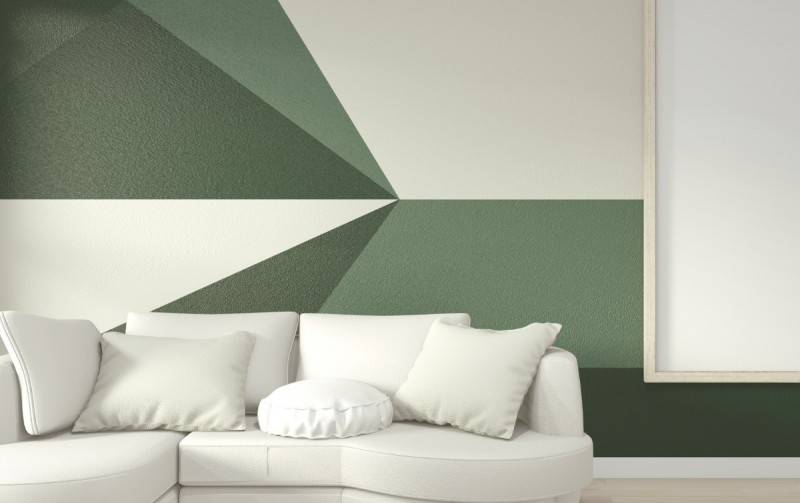
Use painter’s tape to create modern 3D wall painting or geometric patterns on your walls. Whether it’s triangles, hexagons, or chevrons, geometric designs can add a contemporary and dynamic element to your space.
Wall Painting Design: Murals or Wall Decals
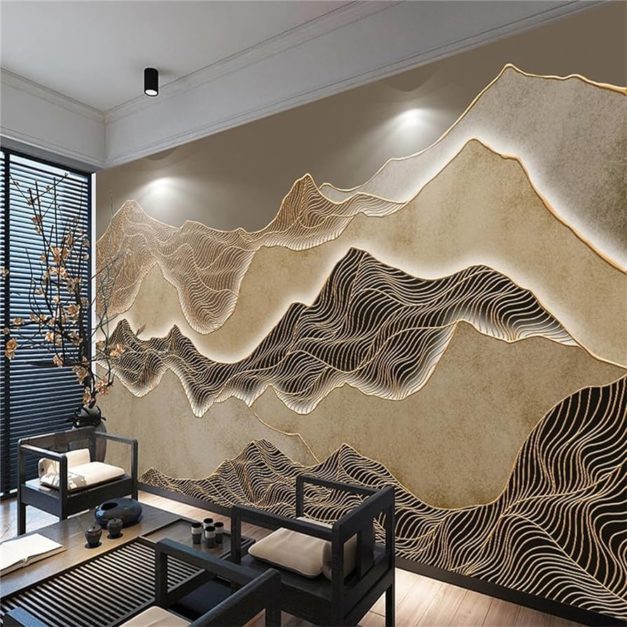
Consider creating a mural or using wall decals to add a unique and artistic focal point. This could be a nature scene, a cityscape, or even a personalised mural that reflects your interests or hobbies.
Chalkboard Wall
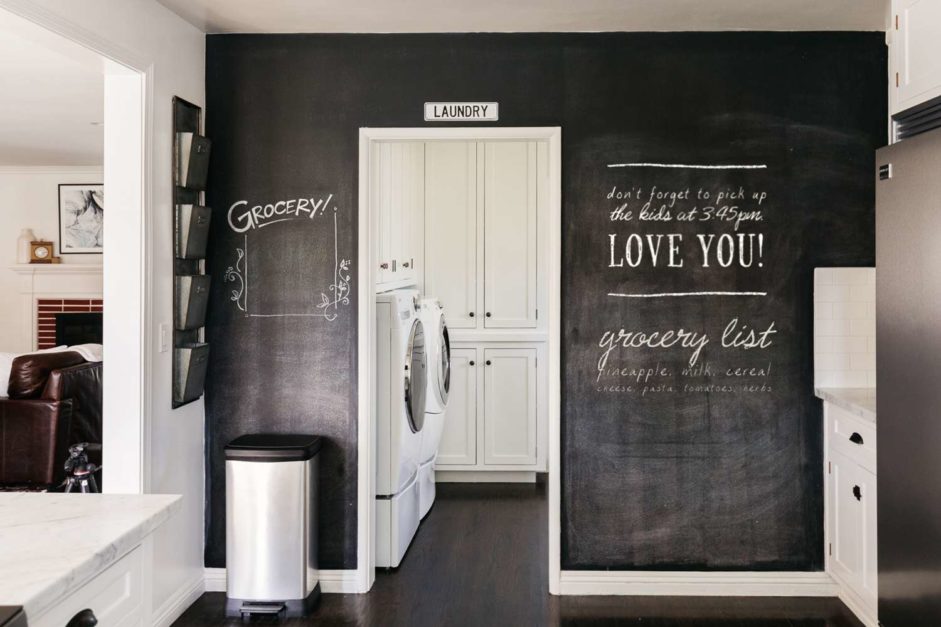
Furthermore, you can transform a section of your wall into a chalkboard. This is not only functional but also provides an ever-changing canvas for your creativity. Perfect for kitchens, home offices, or kids’ play areas.
Stripes or Patterns
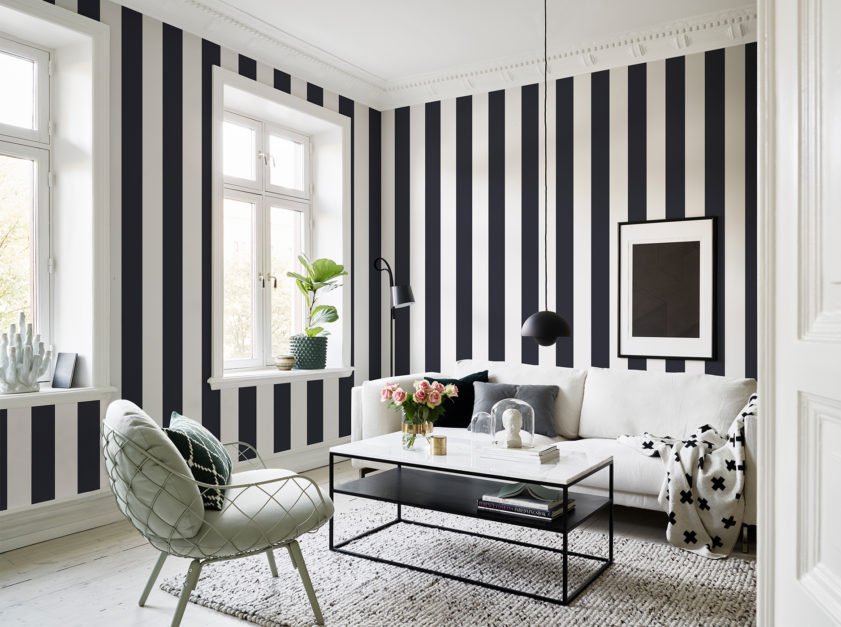
Experiment with horizontal or vertical stripes to create a visually appealing effect. You can also use stencils to add intricate patterns to your walls for a touch of elegance.
Metallic Accents
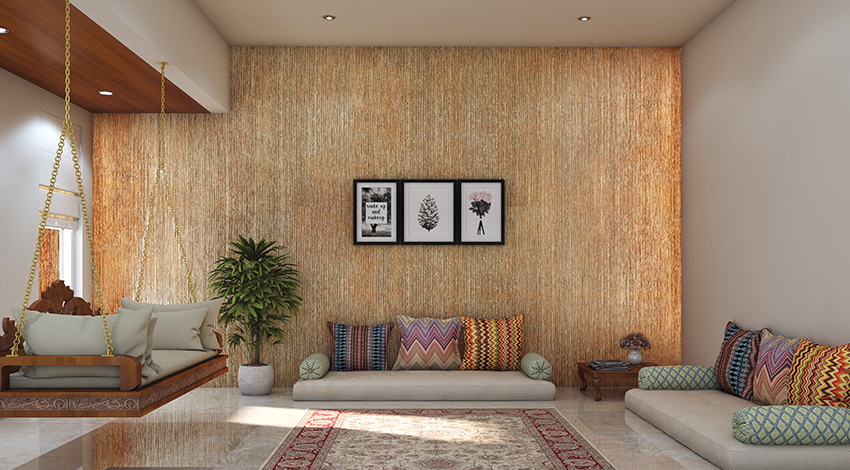
Introduce metallic paints for a touch of glamour and sophistication. Consider adding metallic wall designs through stencils, or even a full accent wall in gold, silver, or copper tones.
Texture Painting
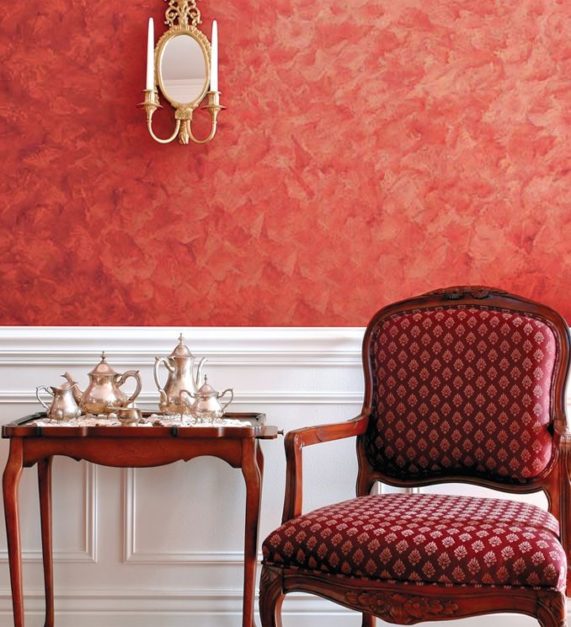
Additionally, you can explore textured paints or techniques to add depth and dimension to your walls. This can include sponge painting, rag rolling, or even using textured wallpapers.
Wall painting design: Watercolour Effect
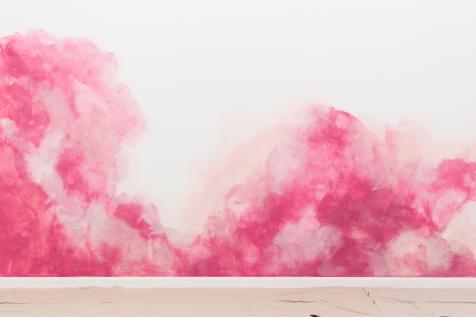
Create a soft and dreamy ambience with a watercolour effect. This can be achieved by blending pastel hues or diluting paint for a subtle, and ethereal look.
Gradient Stripes
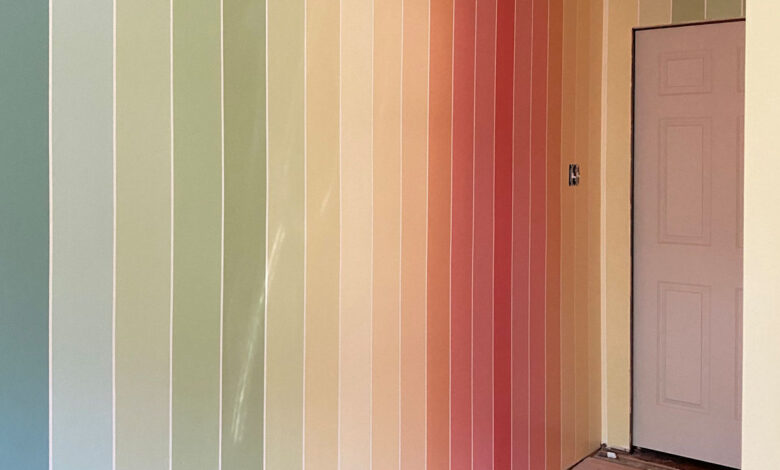
Combine the charm of stripes with the allure of gradient colours. Start with one colour at the top of the wall and gradually transition to another colour at the bottom.
Stenciled Patterns
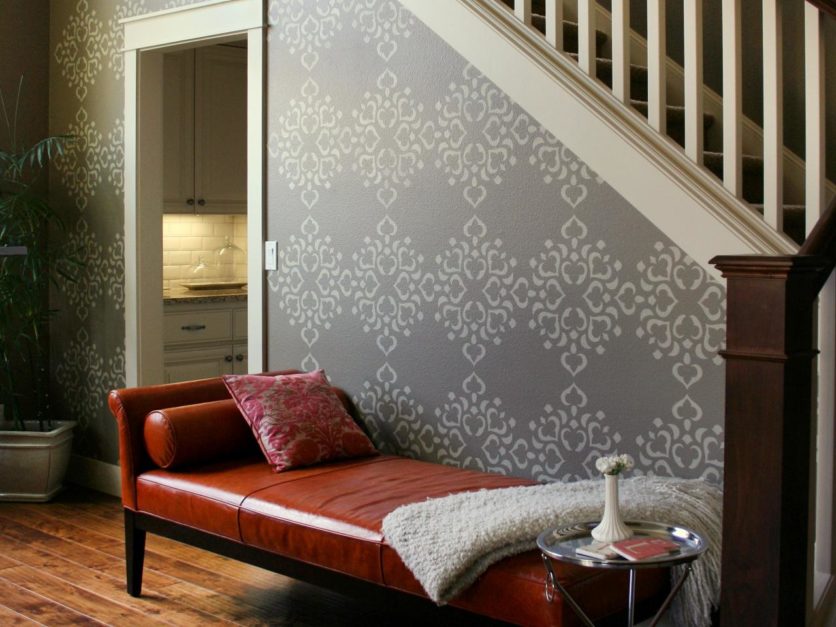
Use stencils to create intricate patterns or motifs on your walls. This can range from floral designs to intricate Moroccan-inspired patterns.
Two-Tone Walls
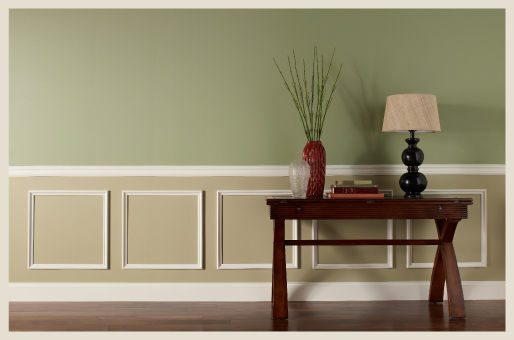
Divide your wall into two sections and paint the upper and lower parts with different colours. This can create a sophisticated and balanced look, especially when using complementary colours.
Wall Paint Colours
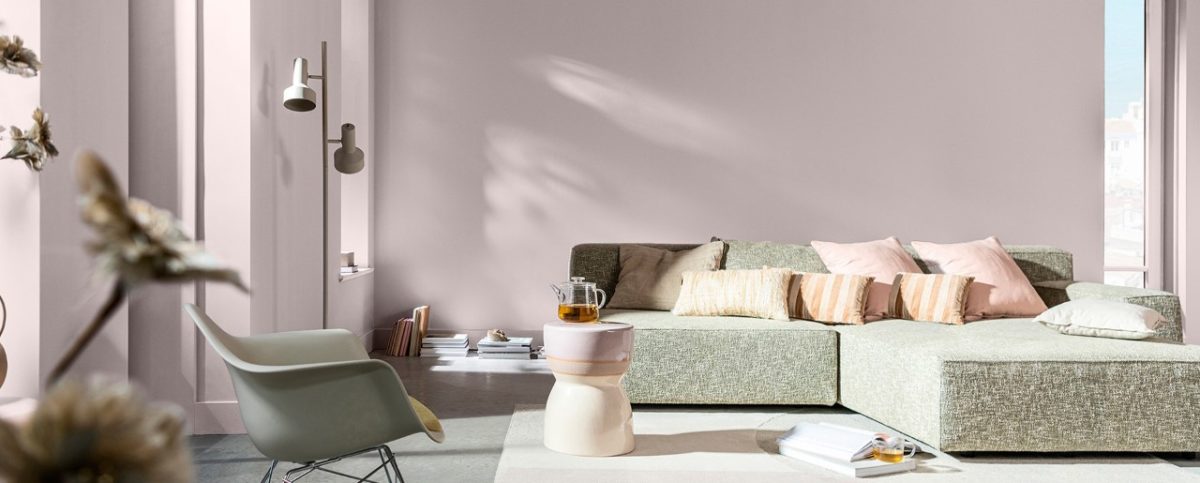
Choosing the right wall paint colours is a crucial aspect of interior design, as it greatly influences the overall ambience and mood of a space. Here are some popular and versatile wall paint colours to consider for different rooms in your home:
Neutral Colours
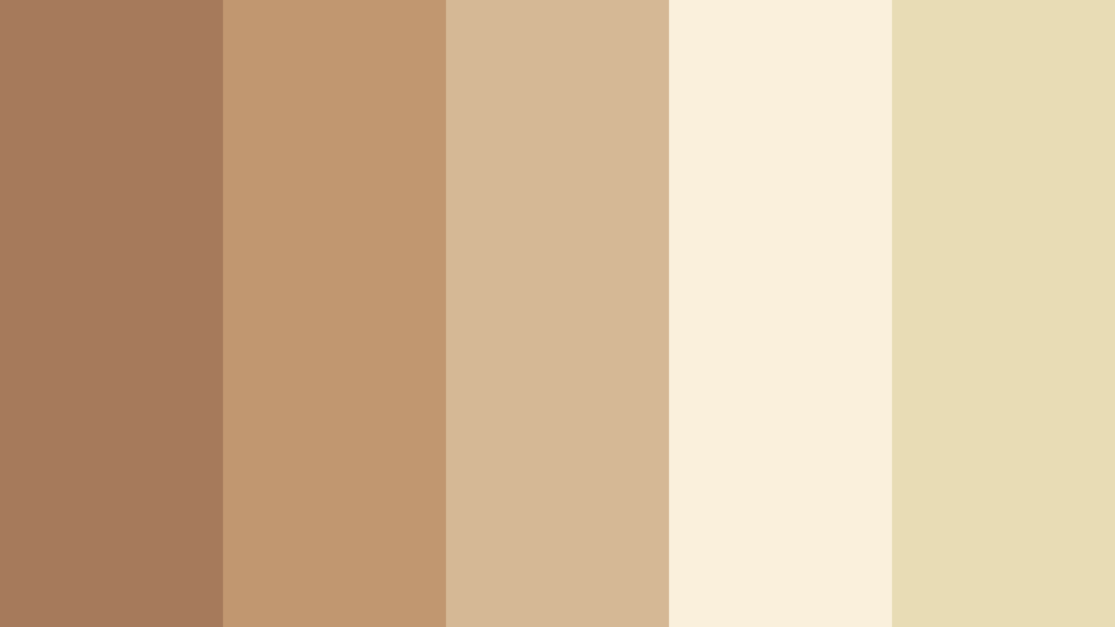
- White: Classic and timeless, white walls create a clean and fresh backdrop. It also makes rooms feel more spacious and allows for easy pairing with various decor styles.
- Beige: A warm and neutral beige provides a cosy and inviting atmosphere. It complements a wide range of furnishings and works well in both traditional and modern spaces.
Earth Tones
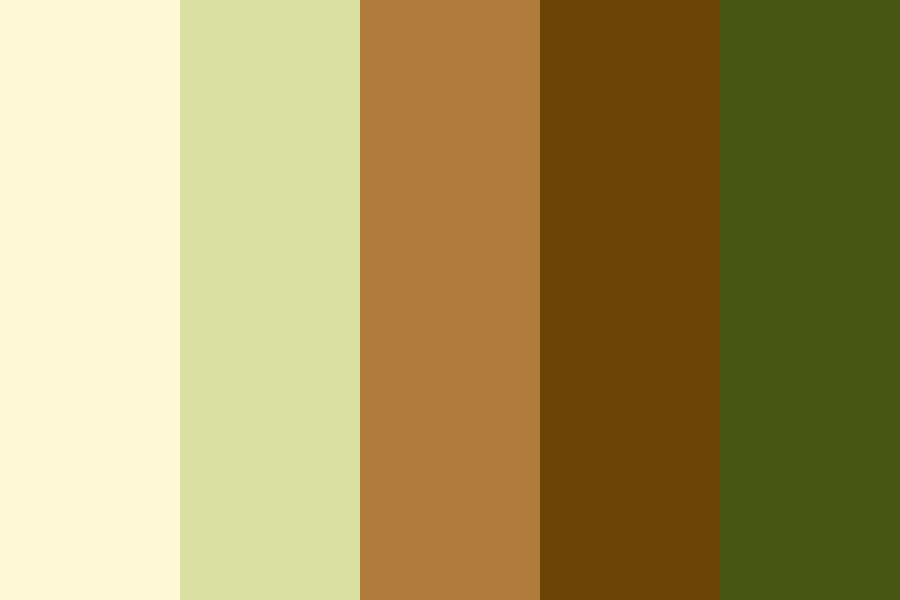
- Taupe: A sophisticated blend of grey and brown, taupe adds warmth and works well with both cool and warm colour palettes.
- Olive Green: A muted green brings a touch of nature indoors, creating a serene and calming environment.
Cool Blues and Greens

- Sky Blue: Light blues evoke a sense of tranquillity and openness. Sky blue is perfect for bedrooms, bathrooms, or any space where you want to promote relaxation.
- Sage Green: A muted and soft green, sage works well in various rooms and pairs beautifully with natural materials and other earthy tones.
Warm Yellows and Golds
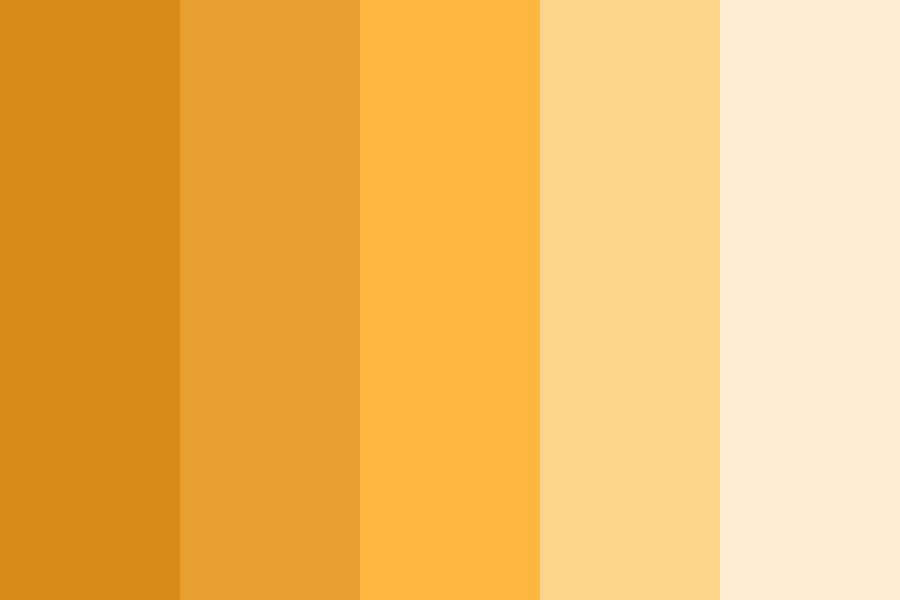
- Buttercream Yellow: A soft, buttery yellow can add warmth and brightness to spaces like kitchens and dining areas.
- Mustard Yellow: For a bolder choice, mustard yellow brings depth and richness, working well as an accent or feature wall colour.
Grey Tones
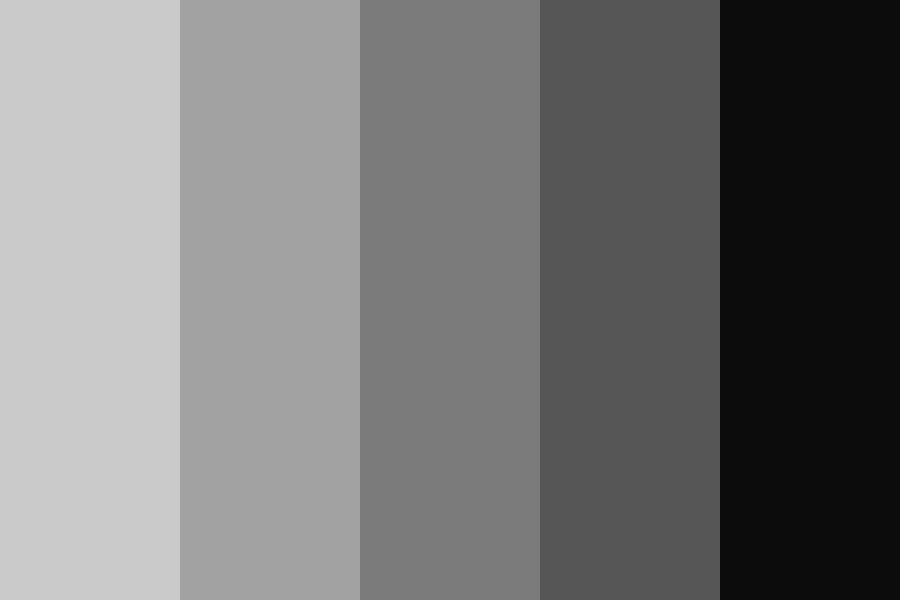
- Charcoal Gray: A deep charcoal grey adds a sense of sophistication and pairs well with both light and dark furnishings.
- Greige: A blend of grey and beige, greige is a versatile and modern colour that works well in various settings.
Bold Accent Colours
- Teal: A rich and deep teal can add a touch of drama and sophistication to living rooms or bedrooms.
- Crimson Red: For a bold and energising choice, crimson red can make a statement as an accent wall or in smaller spaces.
Pastel Hues
- Lavender: A soft lavender creates a calming and serene atmosphere, making it suitable for bedrooms or reading nooks.
- Powder Blue: Light and airy, powder blue works well in spaces where you want to create a sense of openness and lightness.
Monochromatic Whites
- Off-White: A slightly tinted off-white can add warmth and character to a room without being too stark.
- Ivory: A creamy and warm white, ivory is a versatile choice that complements various decor styles.
Wall Painting Designs For Bedroom
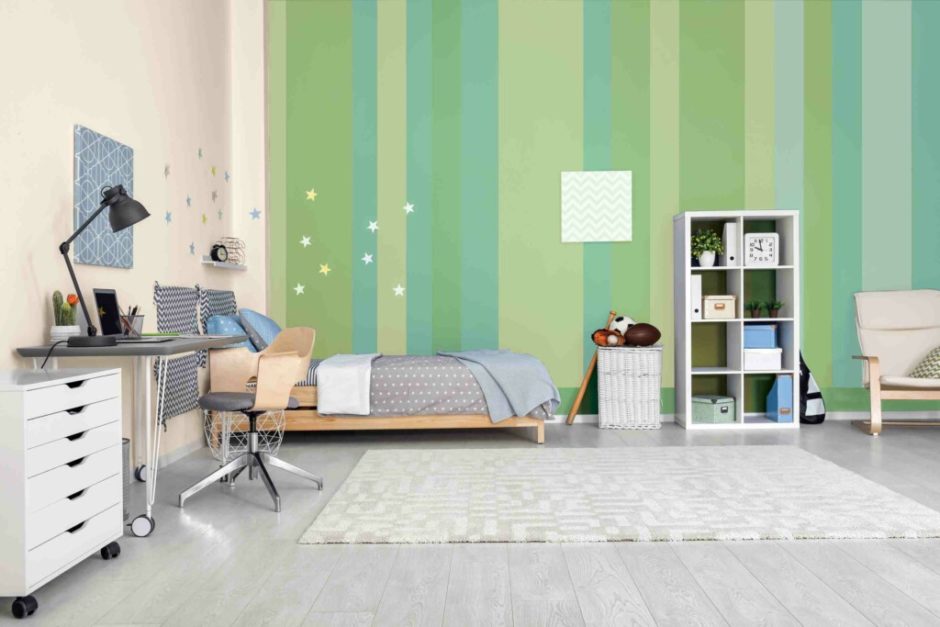
Designing a distinctive and visually attractive wall painting for your bedroom can elevate the overall atmosphere and add to a warm and intimate haven. Below are a few imaginative wall painting designs for bedrooms that you may want to consider:
Accent Wall with Geometric Patterns
Choose one wall as an accent and paint geometric patterns such as triangles, hexagons, or diamonds using different colours. This adds a modern and dynamic touch to the bedroom.
Ombre Wall
Create a soothing gradient effect by blending two or more harmonious colours from top to bottom. This can evoke a sense of calm and tranquillity.
Nature-Inspired Murals
Moreover, you can paint a nature-inspired mural on one or more walls, such as a serene forest scene, a mountain landscape, or a beach sunset. This brings the outdoors inside and adds a calming element to the space.
Striped Accent Wall
Paint vertical or horizontal stripes on one wall using two or more complementary colours. This can visually elongate the room and add a sense of movement.
Wall Painting Designs: Headboard Wall Art
Create a faux headboard by painting a distinctive shape or design directly on the wall behind your bed. This adds a unique focal point without the need for a physical headboard.
Dreamy Clouds
Paint soft, fluffy clouds on the ceiling or upper portion of the walls to create a dreamy and whimsical atmosphere. Usually best for bedrooms you can pair this wall art with soft, pastel colours for a serene look.
Quirky Typography
Use stencils or freehand painting to add inspirational quotes, meaningful words, or even your favourite song lyrics to the walls. This personal touch can make the space uniquely yours.
Faux Brick or Wood Panelling
In addition, you can create the illusion of texture by painting a faux brick or wood panelling design. This adds a touch of rustic charm and can work well with various decor styles.
Metallic Accents
Introduce metallic paints to add a touch of glamour. Consider painting a metallic accent wall or incorporating metallic details within a mural or pattern.
Tapestry Effect
Use painter’s tape to create a tapestry-like effect on the wall. This can mimic the appearance of a textile wall hanging and add visual interest.
Wall Paint Design Ideas
Here are some creative and trendy wall paint design ideas to add personality and style to your living spaces:
Colour Blocking
What’s more is you can divide the wall into sections and paint each section a different bold colour. This modern and vibrant approach adds energy and visual interest to the room.
Watercolor Wash
Create a soft and dreamy effect by applying watercolour-style washes of paint to your walls. This technique can be used with pastel or muted tones for a subtle and artistic look.
Stencil Art
Use stencils to create intricate patterns, motifs to add wall texture. You can even experiment with different types of paints when it comes to adding stencil art on your walls. This allows for endless customization, from geometric designs to nature-inspired patterns.
Dip-Dye Effect
Achieve a trendy dip-dye effect by gradually changing the intensity of colour from top to bottom or vice versa. This creates a unique and modern gradient on your walls.
Mural of Memories
Turn a wall into a mural showcasing your favourite memories, whether it’s travel photos, family pictures, or snapshots of significant moments. This personalised touch adds warmth and nostalgia to your space.
Abstract Art
Let your creativity flow by creating an abstract mural or painting on your wall. Abstract designs can be bold and expressive, adding a unique and artistic flair to your room.
Tapestry-Inspired Patterns
Use painter’s tape to create intricate patterns reminiscent of woven tapestries. This can be especially effective in creating a bohemian or eclectic vibe in your space.
Chalkboard Wall
Transform a section of your wall into a chalkboard. This not only provides a functional space for notes and drawings but also adds an interactive and dynamic element to your decor.
Graffiti Wall
Embrace urban and edgy vibes by creating a graffiti-inspired wall. This allows you to express your personality boldly and gives the room a unique and contemporary edge.
Remember to consider the overall theme of your space, your style, and the existing furniture and decor when choosing a wall paint design. Experimenting with different techniques and ideas can help you create a space that feels uniquely yours.
Wall Painting Designs: School Wall Painting
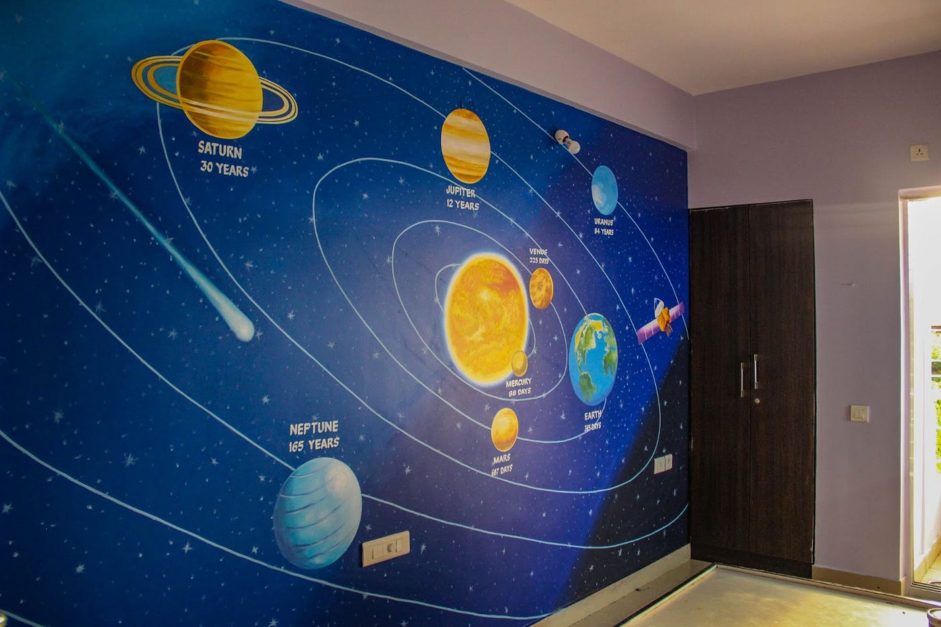
School walls are blank canvases waiting to be transformed into vibrant spaces that inspire students, spark creativity, and foster a sense of community. Here are some ideas to get your school wall painting project started:
Educational Murals
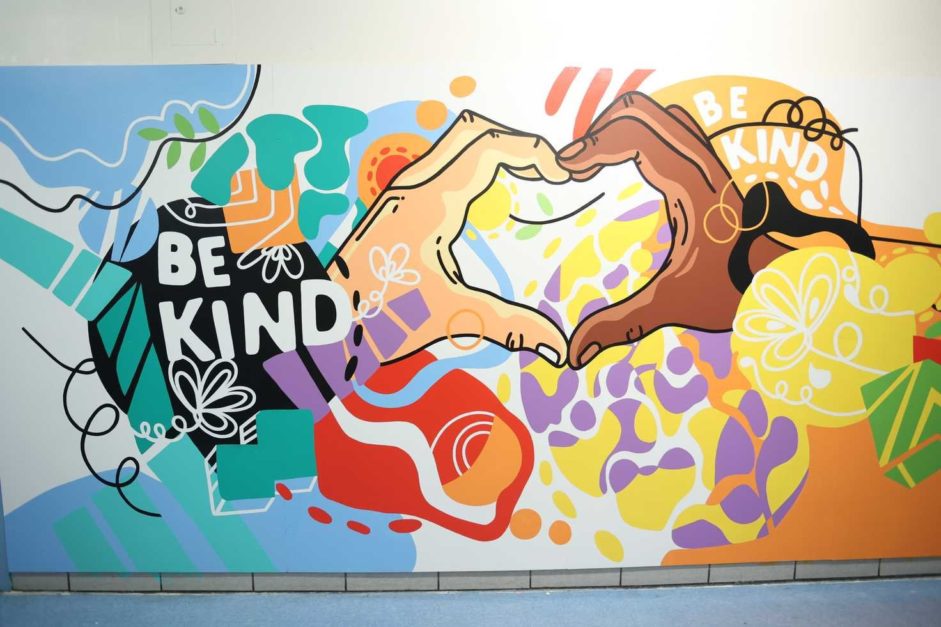
- Immerse students in history: Depict historical events, figures, or inventions to bring the past to life.
- Unleash the wonders of science: Showcase scientific concepts like the solar system, the human body, or the periodic table.
- Explore literary worlds: Recreate scenes from classic literature or paint portraits of famous authors.
- Celebrate cultural diversity: Showcase different cultures and traditions through vibrant murals.
Inspirational Messages
- Motivate with quotes: Paint uplifting quotes from influential figures to inspire students and promote positive thinking.
- Celebrate diversity and inclusion: Showcase messages of acceptance, respect, and unity to create a welcoming environment.
- Promote kindness and empathy: Encourage acts of kindness and compassion with heartwarming messages.
- Highlight school values: Display your school’s core values in a visually appealing way.
Interactive Elements
- Create a learning wall: Design a wall with interactive elements like maps, timelines, or vocabulary words.
- Engage in storytelling: Paint a mural with scenes that inspire students to write or create their own stories.
- Incorporate hopscotch or letter tracing: Make learning fun with interactive elements on the playground or hallway.
- Showcase student artwork: Dedicate a wall to displaying student artwork and celebrating their creativity.
Factors To Consider
When considering wall painting designs for your space, several factors should be taken into account to ensure a cohesive and visually pleasing outcome. Here are important factors to consider:
Room Purpose and Mood
Consider the purpose of the room and the mood you want to convey. For example, calming and neutral tones may be suitable for bedrooms, while vibrant and energetic colours might be better for a creative workspace.
Natural Light
Take into account the amount of natural light the room receives. Dark colours can make a room feel cosy but might be overwhelming in a space with limited natural light. Lighter colours can help reflect and maximise natural light.
Room Size
The size of the room plays a crucial role in the choice of wall paint design. Dark colours can make a small room feel more intimate, while lighter colours can create an illusion of space. Vertical stripes or patterns can also elongate walls, making the room feel taller.
Existing Furniture and Decor
Consider the colours and style of your existing furniture and decor. The wall paint design should complement these elements rather than clash with them. Harmonising colours creates a cohesive and well-balanced look.
Personal Style
Reflect on your style and preferences. Whether you prefer a minimalist, bohemian, contemporary, or traditional aesthetic, the wall paint design should align with your tastes and contribute to the overall theme of the room.
Colour Psychology
Be mindful of colour theory and how different colours can impact emotions and moods. For example, blues and greens are often associated with calmness, while reds and yellows can evoke energy and warmth. Choose colours that resonate with the desired atmosphere of the room.
Architectural Features
Consider the architectural features of the room, such as mouldings, trim, and built-in shelves. These elements can be accentuated or integrated into the wall paint design to enhance the overall aesthetic.
Maintenance and Durability
Think about the practical aspects of maintenance and durability. Matte finishes may be more prone to scuffs but can hide imperfections, while glossy finishes are easier to clean but may highlight flaws. Choose a finish that suits the needs of the space.
Budget and Timeline
Consider your budget and the timeline for the project. Elaborate wall paint designs may require more time and resources. If you’re on a tight budget, simple yet impactful designs or accent walls can be a cost-effective solution.
Trends vs. Timelessness
Decide whether you want to follow current design trends or opt for a timeless look. While trendy designs can be exciting, they might become outdated quickly. Timeless designs ensure longevity and may be more suitable for long-term satisfaction.
Sample Testing
Before committing to a full-scale wall painting project, test a small section with your chosen colours and design. This allows you to see how the colours look in different lighting conditions and how well the design suits your vision.
Wall Painting Designs: DIY vs. Professional Help
Evaluate your skills and the complexity of the chosen design. Some intricate patterns or techniques might require professional assistance, while simpler designs can be accomplished through DIY efforts.
Taking these factors into consideration will help you make informed decisions when planning and executing wall painting designs, ensuring that the final result aligns with your vision and enhances the overall aesthetics of your living space.
Frequently Asked Questions
Here are some FAQs related to the paint design:
What are some popular wall painting design styles?
Popular styles include abstract, minimalist, traditional, contemporary, geometric, and trompe l’oeil (creating illusions of texture or depth).
What factors should I consider when choosing a wall painting design?
Consider the room’s purpose, desired mood, personal style, existing decor, lighting, and available space.
What are some easy wall painting design ideas for beginners?
Start with simple geometric shapes, stripes, stencils, or colour blocking. Accentuate architectural features or create a faux finish like brick or wood.
How do I choose the right paint colour for my wall painting?
Consider factors like the room size, natural light, desired mood, and existing decor. Light colours open up space, while bold colours make a statement. Use colour wheels for complementary or analogous palettes.
What are some essential tools and materials for wall painting?
Brushes, rollers, drop cloths, painter’s tape, sandpaper, primer, paint, and safety gear like goggles and gloves.
How do I prepare my wall for painting?
Clean the surface thoroughly, remove any imperfections, and apply primer if needed. Patch any holes or cracks.
What are some tips for painting a successful mural?
Sketch your design beforehand, use a grid for transferring the design, start with light colours and build to darker ones, use painter’s tape for clean lines, and step back frequently to assess your progress.
Can I paint over the wallpaper?
No, wallpaper needs to be removed first unless it’s specifically designed for painting over.
How do I clean and maintain my wall painting?
Use a damp cloth and mild soap for most paints. Avoid harsh chemicals and abrasive cleaners.
How can I revamp any space in my house?
You can add wall hanging like photo frames, add fun room wallpapers and even use our DIY wall hanging ideas to enhance the look of your space.
Where can I find inspiration for wall painting designs?
Browse online resources, magazines, art galleries, Pinterest boards, or even children’s books for unique ideas.
Follow the Graana blog for more related information.
